Council of Europe needs to “slim down”
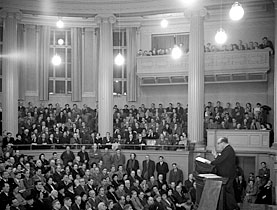
The Council of Europe, which is marking its 60th anniversary this year, must concentrate on its key mission of human rights if it is to survive, a Swiss expert says.
Switzerland took over the chair of the Committee of Ministers, the Council’s decision-making body, on Wednesday. It has already stated that it wants to push for reform of the European Court of Human Rights.
Stephan Breitenmoser, a professor of European law at Basel University, told swissinfo.ch that he hoped moves to strengthen the court would take place during the meeting of ministers to be held during Switzerland’s six-month chairmanship.
The Strasbourg-based Council, of which Switzerland has been a member since 1963, is Europe’s oldest political organisation. Breitenmoser says its biggest success so far has been the European Human Rights Convention of 1950.
“It was the first internationally binding catalogue for protecting human rights worldwide,” he told swissinfo.ch.
Judgements from the European Court of Human Rights, which was established under the convention, have become benchmarks for other regions and international organisations such as the European Union and the United Nations, added the professor.
Legal cooperation – legal assistance, extradition law – came later and was also pioneering. It still serves as the basis for the fast-developing European legal area within the EU, Breitenmoser said.
One notable contribution by the Council has been the instigation of democratic structures and the rule of law in the former Soviet Union states, following the fall of the Iron Curtain. According to Breitenmoser, this serves as a kind of “training camp” towards EU membership.
Competition
But the EU’s growing importance since late 1950s – it now has 27 members – has meant increased competition. Both it and the Organisation for Economic Co-operation and Development (OECD) work on human rights as well.
Breitenmoser nevertheless believes that the Council still has a role to play. This is especially true for member states outside the EU, such as Russia and Turkey and those that do not want to join, like Switzerland, he said.
The body is active in many cultural, social and political areas – too many, criticises the expert. It would do better to fully concentrate on its core expertise of human rights protection and legal cooperation, and leave the other topics to the EU.
Breitenmoser says there is too much talking in the Council and that resources are lacking for the key missions. “The European Council must at long last slim down and create simpler structures before it is marginalised in its core areas by the EU,” he said.
Lack of finances
The EU has more finances and staff at its disposal, as well as more efficient and federal-style structures whereas the Council, as a traditional human rights organisation, is still labouring under its diplomatic heritage. Breitmoser adds that the Council’s whole budget is around the same as that of the European Union’s newly created Agency for Fundamental Rights in Vienna.
The European Court of Human Rights is also causing a problem, says the law professor, because it is very overburdened and backlogged. It is also under the Council’s control in terms of organisation and human resources.
“As an independent court it should be able to organise itself and have more finances at its disposal,” said Breitenmoser.
Breitenmoser is hoping that the minister conference in Interlaken in February will lead to improvements that will strengthen the court.
Switzerland, outlining its intentions for its presidency last May, has already said that it wants member states to reaffirm their commitment to the European human rights convention and to make the court more effective.
Swiss gains
Breitenmoser says that Switzerland’s membership of the Council is of great importance, especially as it is not a member of the EU. It allows the country to take part in European integration and legal cooperation.
He is convinced that without the know-how gained from the body, Switzerland would never have been able to sign up to the Schengen agreement on the free movement of people and goods. Police and legal cooperation develops quickly and the fight against terrorism needs legal protection instruments to be effective. Switzerland can thus be a part of this.
The law professor said that he was very impressed by, “the good reputation and the weight that Switzerland’s part-time parliamentarians have in the European Council”. Swiss senator Dick Marty came to prominence after he drew up a report criticising the United States’ use of illegal rendition during its fight against terrorism and also warned of associated human rights abuses.
Overall, the Council can still be seen as Europe’s “moral conscience” – as West Germany’s first chancellor, Konrad Adenauer, once put it.
Gaby Ochsenbein, swissinfo.ch (Adapted from German by Isobel Leybold-Johnson)
The Council was founded on May 5, 1949 by ten European countries (Belgium, Denmark, France, Britain, Ireland, Italy, Luxembourg, Norway, Sweden and the Netherlands) to protect human rights.
Its headquarters are in Strasbourg in France and its main building was inaugurated in 1977.
The Council now has 636 Parliamentary Assembly members from 47 member states, covering around 800 million people. In addition, the body has around 2,000 administrative posts. All the European countries are represented apart from the Vatican State, Kosovo and Belarus. There are 5 observer states: Vatican, United States, Canada, Japan, Mexico.
The Council has overall passed 200 conventions. The best known is the European Human Rights Convention, to which 14 extra protocols have been added since 1950.
The European Court of Human Rights is the judicial body that guarantees human rights for all Europeans.
The country is chairing the Committee of Ministers, the Council’s decision-making body, from November 18, 2009 to May 11, 2010.
It became a member of the Council in 1963 as the 17th country to do so. Since 1968 it has had a representative in Strasbourg. Currently the post is held by Paul Widmer.
Switzerland pays around 2.2% or SFr 6.2 million ($6 million) of its budget to the Council every year.
The Swiss delegation to the Parliamentary Assembly is made up of 12 parliamentarians.
There is one Swiss judge in the European Court of Human Rights, Giorgio Malinverni.

In compliance with the JTI standards
More: SWI swissinfo.ch certified by the Journalism Trust Initiative
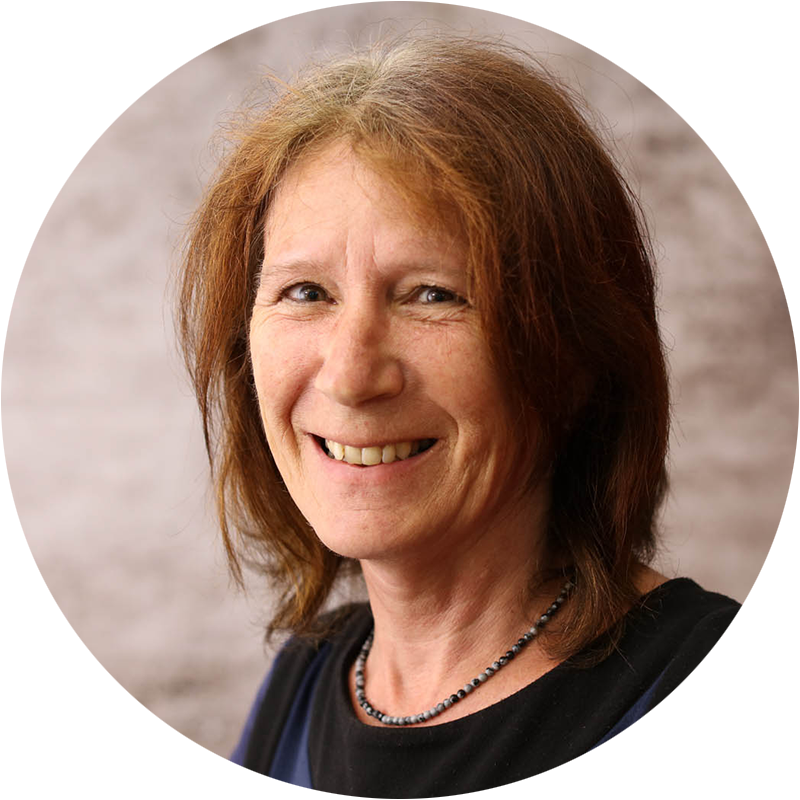

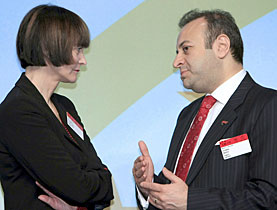
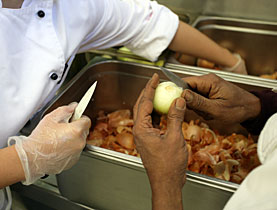
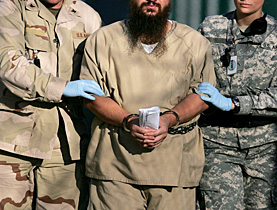
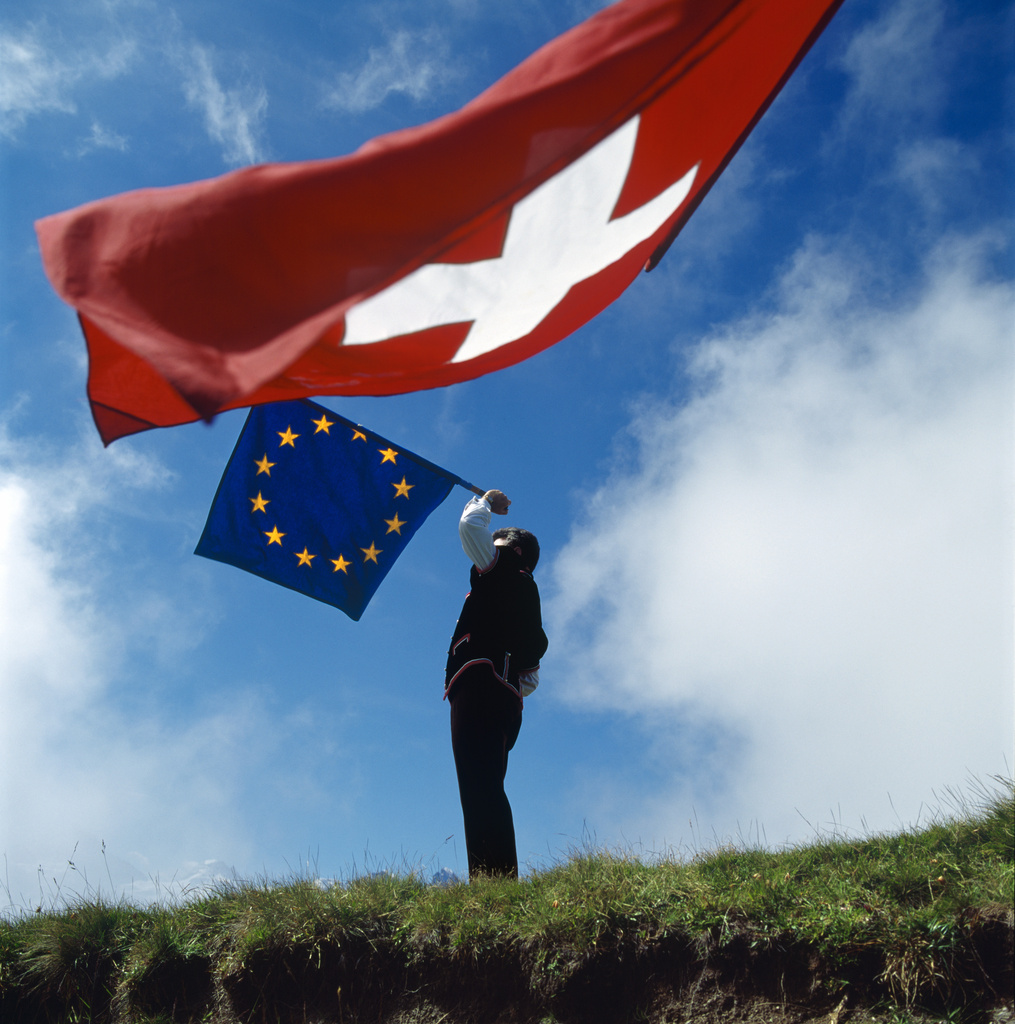
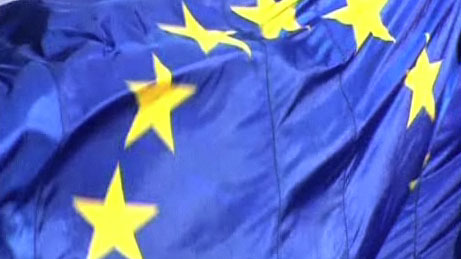
You can find an overview of ongoing debates with our journalists here. Please join us!
If you want to start a conversation about a topic raised in this article or want to report factual errors, email us at english@swissinfo.ch.